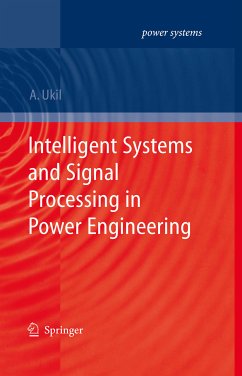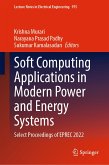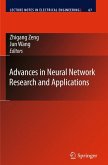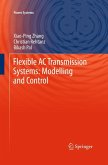The intelligent systems section comprises of fuzzy logic, neural network and support vector machine. The author looks at relevant theories on the topics without assuming much particular background. Following the theoretical basics, he studies their applications in various problems in power engineering, like, load forecasting, phase balancing, or disturbance analysis. These application studies are of two types: full application studies explained like in-depth case-studies, and semi-developed application ideas with scope for further extension. This is followed by pointers to further research information.
In the second part, the book leads into the signal processing from the basics of the system theory, followed by fundamentals of different signal processing transforms with examples. A section follows about the sampling technique and the digital filters which are the ultimate processing tools. The theoretical basics are substantiated by some of the applications in power engineering, both in-depth and semi-developed as before. This also ends up with pointers to further research information.
"Intelligent Systems and Signal Processing in Power Engineering" is helpful for students, researchers and engineers, trying to solve power engineering problems using intelligent systems and signal processing, or seeking applications of intelligent systems and signal processing in power engineering.
Dieser Download kann aus rechtlichen Gründen nur mit Rechnungsadresse in A, B, BG, CY, CZ, D, DK, EW, E, FIN, F, GR, HR, H, IRL, I, LT, L, LR, M, NL, PL, P, R, S, SLO, SK ausgeliefert werden.









